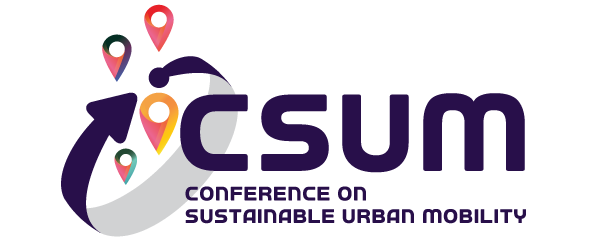Electric and clean energy in transportation

Transport is responsible for nearly 30% of the energy consumption and it is a main cause of pollution affecting people’s health and accelerating global warming. The European Commission’s Green Deal and the efforts from energy supply chain actors and car manufacturers is indicating a strong shift from conventional combustion engines to alternative fuels such as biofuel, hydrogen and electric energy. The Green Deal programme is the first systematic step towards a carbon-neutral ecosystem, which may be achievable through the development and implementation of a fully coordinated and holistic vision with the participation of all involved actors, from energy producers using renewable sources, to distributors, service providers and end customers implementing smart energy management techniques. Research is currently witnessing a growing interest, contributing to better understanding and exploitation of electrified and alternative clean energies, and highlighting the challenges that have to be overcome.
This thematic track welcomes contributions around the modelling, simulation, data analysis and policy, planning and management aspects of smart energy for sustainable transport, with particular emphasis to the challenges brought by the increased penetration of electrical vehicles and alternative fuelled engines. Applications to passenger vehicles, hybrid and e-buses, trucks, rail-based systems, but also electrified micromobility modes are welcome. Topics in this thematic domain may include:
- Transport electrification challenges (range, energy consumption, charging constraints)
- Alternative clean energy sources (hydrogen, biofuels, solar/wind energy)
- Smart vehicle energy management and integration with the grid (V2G, battery use)
- Public Transport Electrification and electrified new mobility services (e.g. e-car sharing)
- Electrified trucks and green logistics
- Electric micromobility (e-bikes, e-scooters)
- Policy, taxation and incentives for electric energy in transport



